Introduction Prophet Muhammad ibn Abdullah (peace be upon him and his family) is the Seal of the Prophets and the final Messenger of God. Sent as a mercy to mankind, he brought forth the message of Islam, a complete way of life rooted in divine revelation, spiritual truth, and justice. In Shia Islam, the Prophet’s position is inseparable from that of his purified family, the Ahl al-Bayt (peace be upon them), who were entrusted with preserving and continuing his divine mission.
Lineage and Early Life
The Prophet was born into the noble tribe of Banu Hashim, a branch of the Quraysh clan, known for its moral integrity and leadership. His father, Abdullah, passed away before his birth, and his mother, Aminah bint Wahb, died when he was still a young child. He was cared for by his grandfather Abd al-Muttalib, and later raised by his uncle Abu Talib, who protected and supported him unwaveringly throughout the early years of his mission.
The Prophet was known from a young age for his honesty and trustworthiness, earning him the title Al-Amin (The Trustworthy).
Birth and Prophetic Mission
According to Shia tradition, the Prophet was born on the 17th of Rabi‘ al-Awwal in Mecca, around the year 570 CE. At the age of forty, while in spiritual retreat in the Cave of Hiraa, he received the first divine revelation from Jibra’il (Gabriel). This marked the beginning of his prophethood and the gradual revelation of the Holy Qur’an.
For 23 years, he conveyed God’s message with immense patience and courage, guiding people from ignorance to divine awareness, from tribalism to brotherhood, and from oppression to justice.
Family and Progeny
The Prophet’s most beloved wife was Lady Khadijah bint Khuwaylid, the first woman to embrace Islam and his strongest supporter in the early days of the mission. Together, they had several children, the most honored of whom was Fatima al-Zahra (peace be upon her), the only child through whom the Prophet’s blessed lineage would continue.
Through her marriage to Imam Ali (peace be upon him), the Prophet’s cousin and divinely appointed successor, the lineage of the twelve Imams of the Ahl al-Bayt continued, including Imam Hasan and Imam Husayn, leaders, martyrs, and protectors of Islam.
Titles and Characteristics
The Prophet carried many noble titles that reflect his mission and divine status:
● Rasul Allah (Messenger of God)
● Khatam al-Nabiyyin (Seal of the Prophets)
● Nabi al-Rahmah (Prophet of Mercy)
● Habib Allah (Beloved of God)
● Sayyid al-Mursalin (Master of the Messengers)
His moral excellence was divinely acknowledged:
“And indeed, you are of a great moral character.” (Qur’an 68:4)
Virtues and Legacy
The Prophet’s life was the embodiment of the Qur’an. He established a society rooted in equality, justice, compassion, and piety. He cared deeply for the oppressed, the orphans, and the marginalized, and invited humanity to the worship of the One God without coercion.
Among his most significant legacies was his clear and public declaration of Imam Ali (peace be upon him) as his successor at Ghadir Khumm, where he proclaimed:
“Whoever I am his master, Ali is his master.”
This event stands as a foundational moment in Shia belief, affirming that the continuation of divine guidance would remain through the Imamate of the Ahl al-Bayt (peace be upon them).
Final Sermon and Departure
In his Farewell Sermon during the last pilgrimage, the Prophet emphasized the principles of justice, equality, and the sanctity of life. Most importantly, he left behind two weighty trusts:
“I leave behind two precious things: the Book of God and my progeny, the Ahl al-Bayt. If you hold fast to them, you will never go astray.”
This statement, known as Hadith al-Thaqalayn, is a central pillar of Shia Islam, affirming that true guidance after the Prophet lies with the Qur’an and the Imams from his household.
The Prophet passed away on the 28th of Safar, 11 AH, in the city of Medina, and was buried in his blessed home, now part of Masjid al-Nabawi. His loss was deeply felt, but his guidance continues eternally through his family and the preserved message of Islam.
Prophet Muhammad (peace be upon him and his family) is the eternal light of divine mercy, the perfect human being, and the guide for all creation. His life, message, and love for his Ummah remain alive through the Qur’an and the Ahl al-Bayt (peace be upon them), who continue to lead the faithful toward truth, justice, and nearness to God.
His legacy is not merely historical, it is living, guiding, and deeply present in the hearts and minds of those who sincerely seek divine truth.



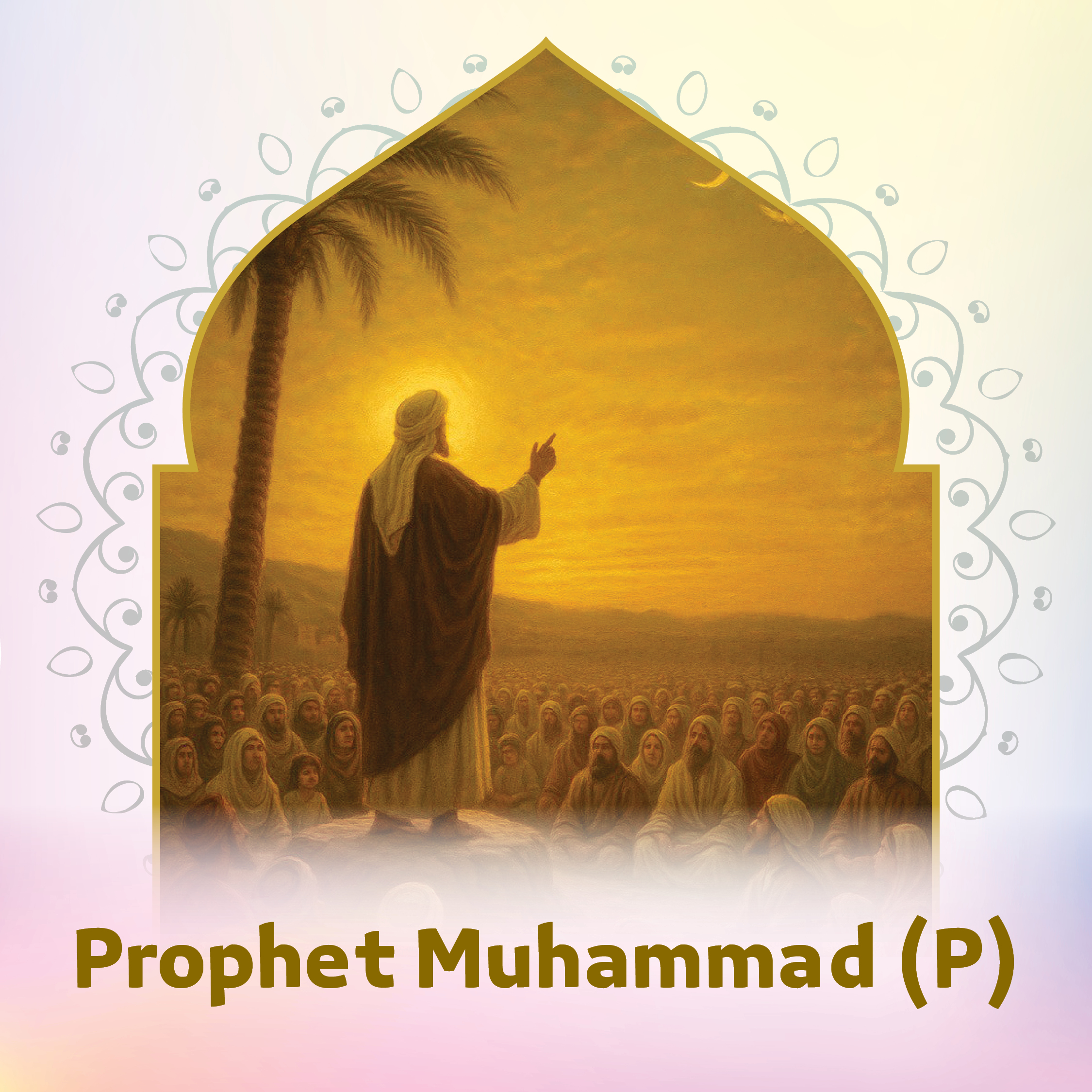

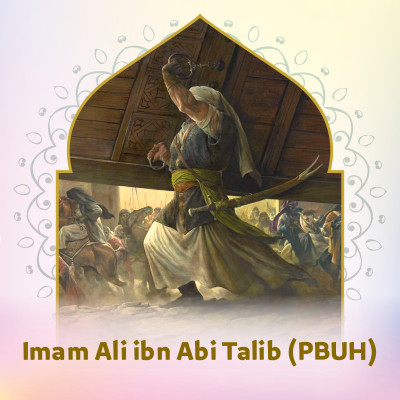
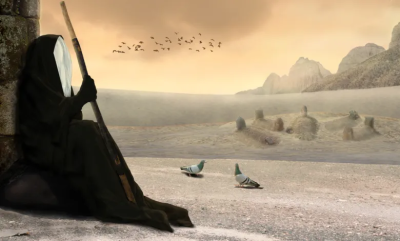
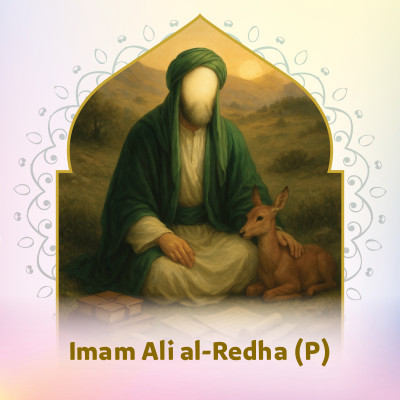
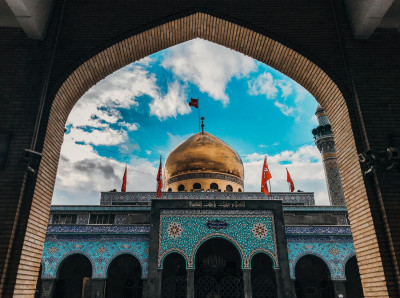
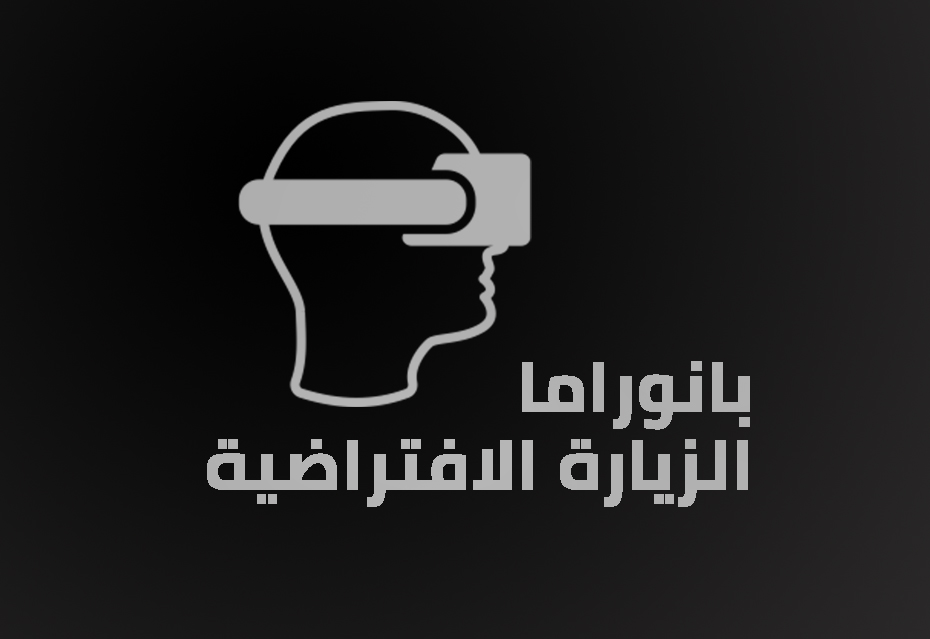
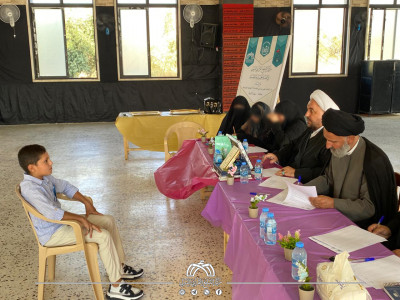
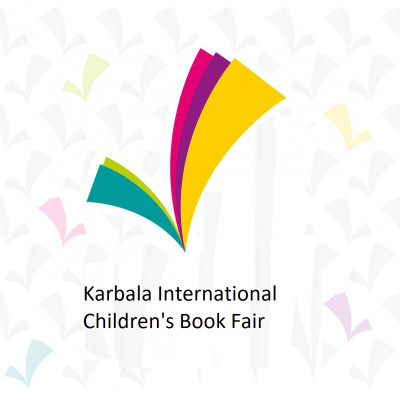
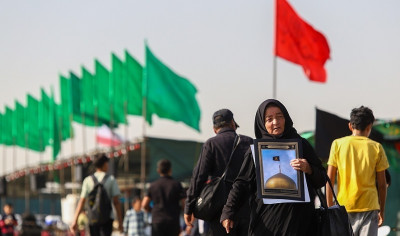
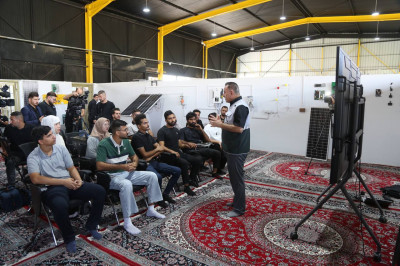
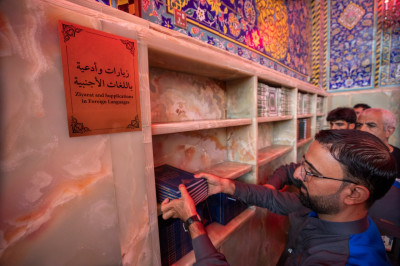
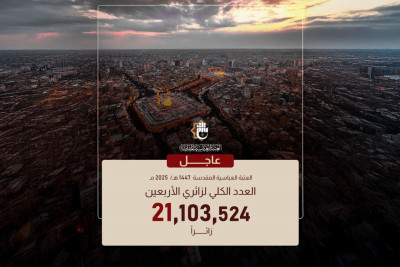
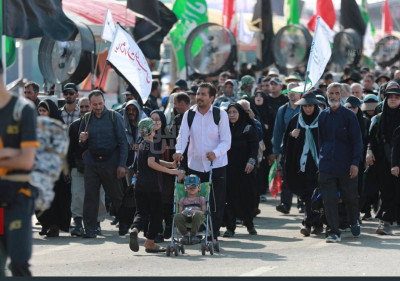
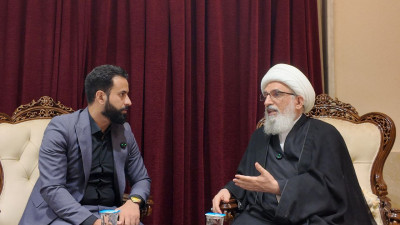
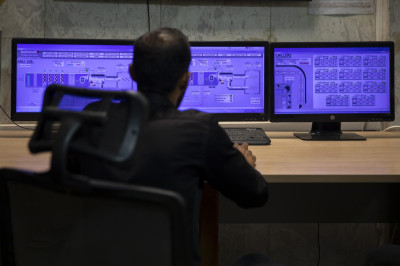

اترك تعليق